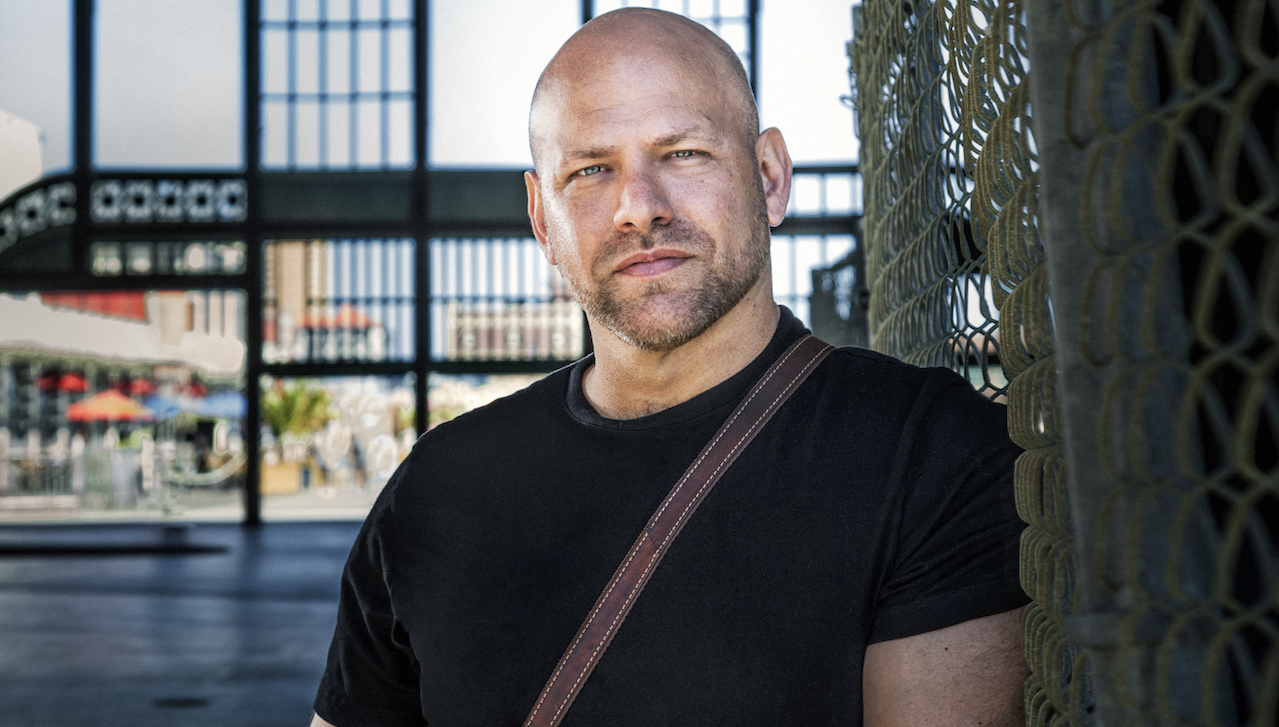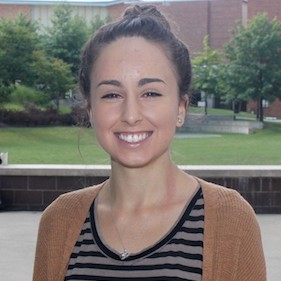Talk Explores Springsteen Songs

“When you have a series of themes, illustrations and allusions, then we are justified to say that the singer, the lyricist, is trying to do something. Understanding the dimension of the song gives us an even deeper understanding of the artist on a personal level,” said Azzan Yadin-Israel, Ph.D., a professor of Jewish studies and classics at Rutgers University, at The University of Scranton Weinberg Judaic Studies Institute lecture titled “The Theologies of Bruce Springsteen.”
Dr. Yaden-Israel is the author of “The Grace of God and the Grace of Man: The Theologies of Bruce Springsteen,” for which he researched underlying biblical themes in Bruce Springsteen songs. He discussed the numerous Old Testament themes and interpretations of biblical passages from Springsteen songs, including “Thunder Road,” “Adam Raised a Cain,” and “Jesus Was an Only Son.”
“Springsteen is not a theologian in any sense, but over the course of his writing, he returns to these biblical themes over and over again. His early exposure to Catholicism is the pallet he used to create his work, his artistic work,” said Dr. Yaden-Israel.
The author also addressed how the Old Testament served as a rich source of inspiration to Springsteen’s work.
“The stories of Genesis that contain stories of relationships between fathers and sons really resonates with him. Springsteen recognized the centrality of religion later in life that eventually transcribed into certain songs open for the public’s interpretation,” said Dr. Yaden-Israel.
“Although his early writing is mostly of rabbinic literature and things of that nature, a couple of years ago, Dr. Yaden-Israel published a book. Trust me when I tell you, in addition to being an expert on Bruce Springsteen, he is also an expert on the theological ideas he talks about,” said Marc Shapiro, Ph.D., the Weinberg Chair of Judaic Studies at the University.
Dr. Yaden-Israel earned his bachelor’s degree from the Hebrew University, and his doctorate from the University of California, Berkeley and Graduate Theological Union. Most of the courses Dr. Yaden-Israel teaches are on rabbinic literature, classical Jewish philosophy and Plato.
The lecture concluded with a question and answer session with attendees, where Dr. Yaden-Israel discussed some of the challenges he has faced with his research.
“The academic community doesn’t always know what to do with popular culture. I think that’s a shame. There can be good things that come from cross-pollination,” said Dr. Yaden-Israel.







